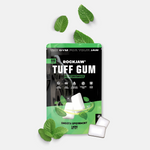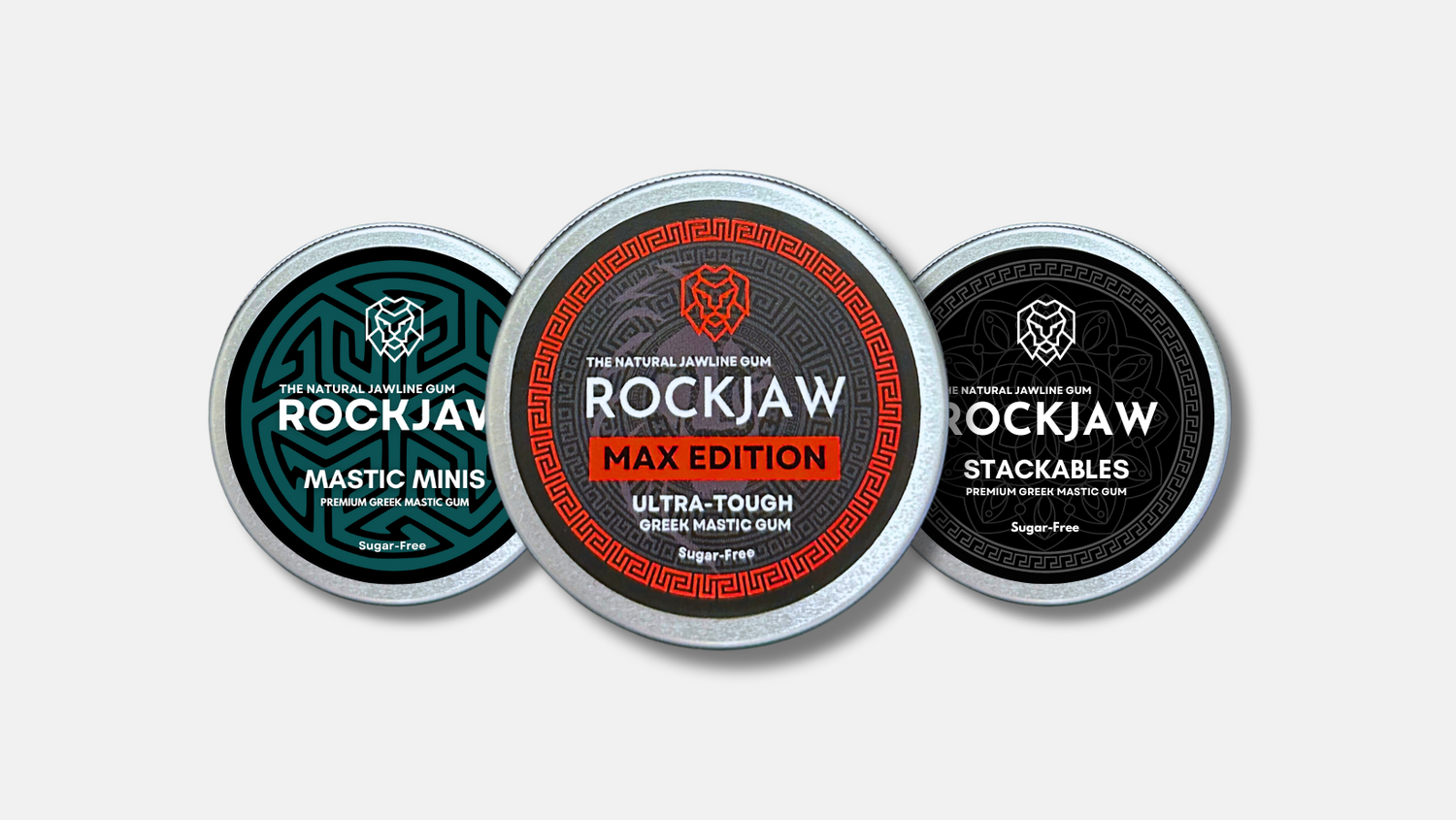Temporomandibular joint (TMJ) disorder is a condition that affects the joint that connects the lower jaw to the skull. Symptoms of TMJ disorder can include pain and stiffness in the jaw, difficulty chewing and speaking, and a clicking or popping sound when moving the jaw. If you're experiencing these symptoms, there are a few things you can try to help relieve them:
-
Apply heat or cold: Applying heat or cold to the affected area can help to reduce pain and inflammation. You can try using a hot water bottle or a cold pack, or alternating between the two.
-
Use over-the-counter pain medication: Nonsteroidal anti-inflammatory drugs (NSAIDs), such as ibuprofen or aspirin, can help to reduce pain and inflammation. Be sure to follow the instructions on the package and talk to your doctor if you have any concerns.
-
Avoid hard or chewy foods: Foods that require a lot of chewing, such as nuts or tough meats, can put extra strain on the jaw and worsen symptoms. Try to stick to softer foods and avoid excessively chewing gum.
-
Practice good posture: Poor posture can contribute to TMJ pain, so try to sit and stand up straight. You should also hold your phone at eye level instead of cradling it between your shoulder and ear to avoid straining the jaw.
-
Try relaxation techniques: Stress and anxiety can worsen TMJ symptoms, so it's important to find ways to relax. This can include techniques such as deep breathing, meditation, or yoga.
-
See a dental or medical professional: If your symptoms persist or are severe, it's a good idea to see a dental or medical professional for further evaluation and treatment. They may recommend physical therapy, splints or mouth guards, or other treatments to help alleviate your symptoms.
It's important to note that not all treatments work for everyone, so it may take some trial and error to find what works best for you. In the meantime, try to avoid activities that exacerbate your symptoms and be sure to practice good oral hygiene to help keep your jaw healthy.









